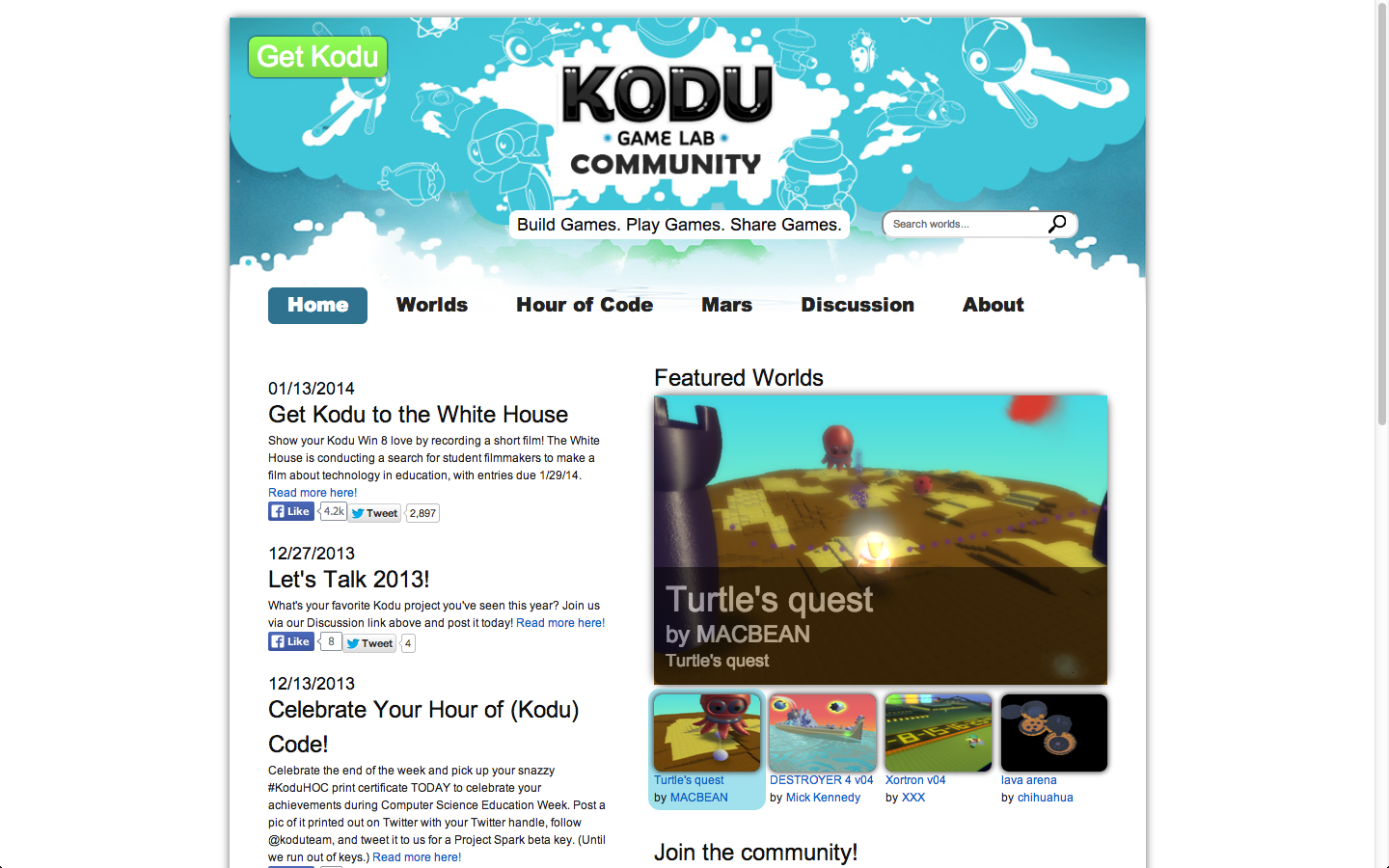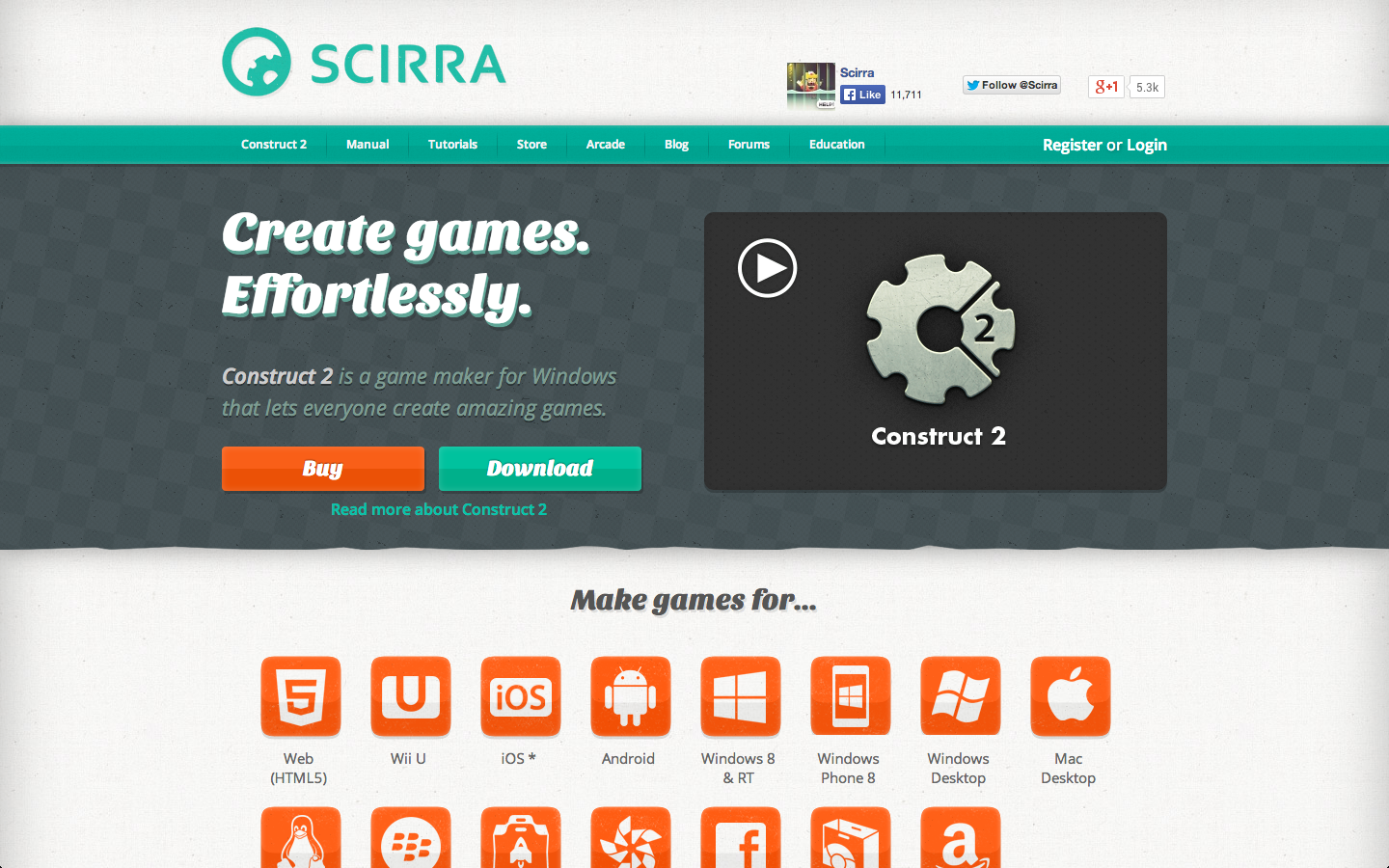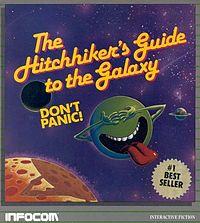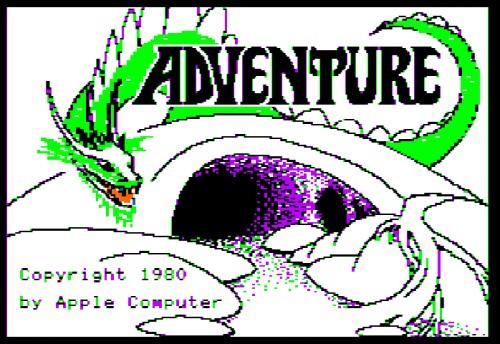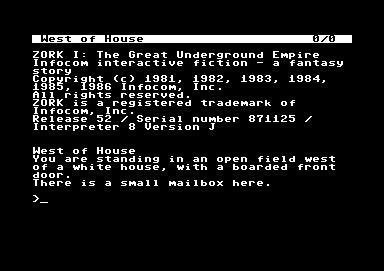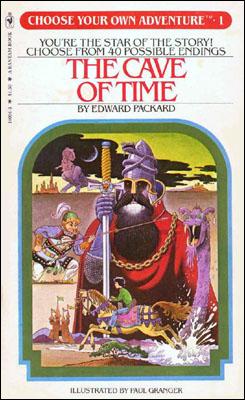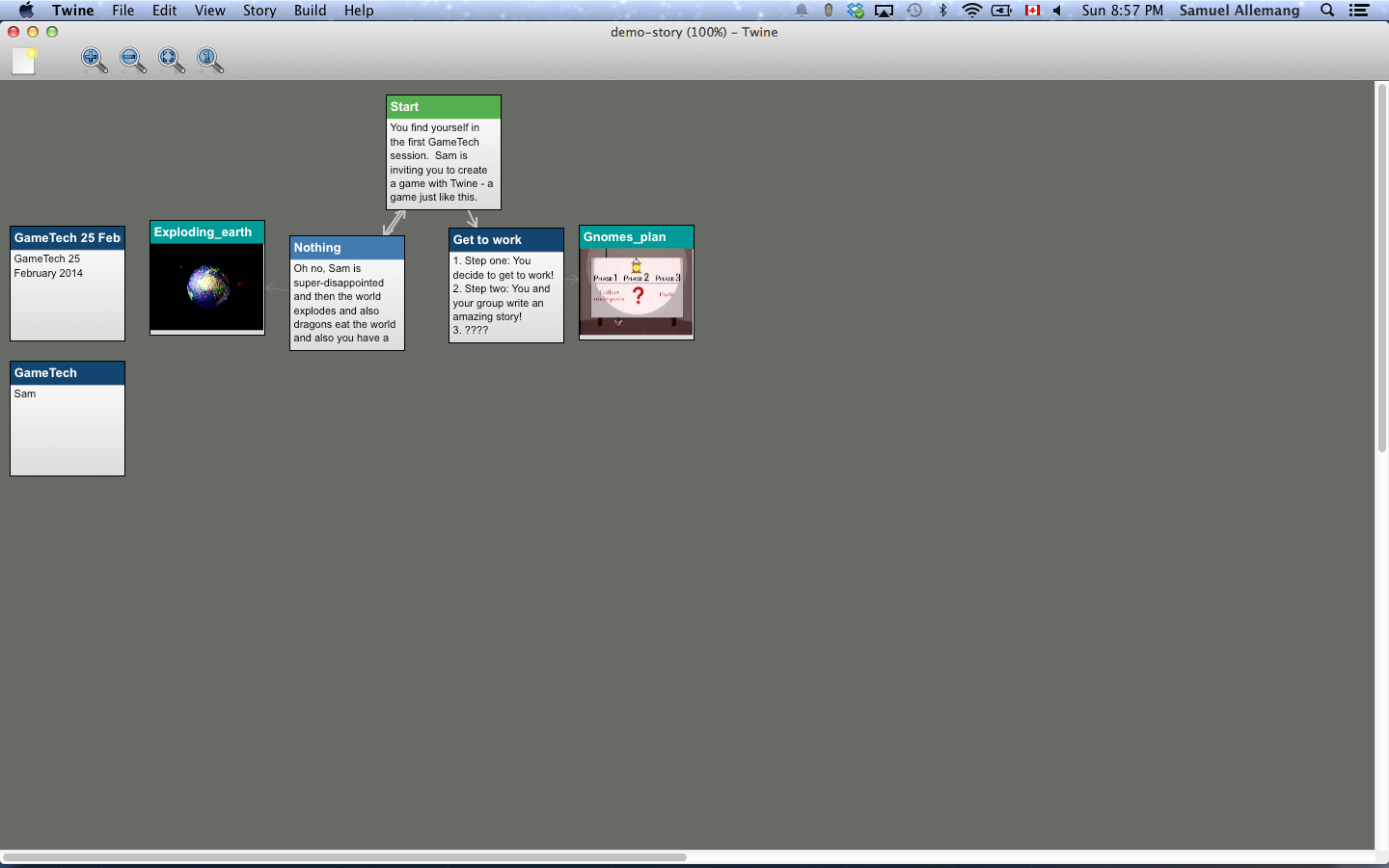GameTech
25 February 2014
GameTech | 04 February 14
- Introductions
- Programs we will use (not today)
-
Text-based games, interactive fiction
and intro to conditional logic -
Let's build an interactive
fiction game with Twine - (break)
-
What makes a game?
And what makes games good ? - GRASPS+N
-
YouTube session: the best
vs. the rest
About me
Sam Allemang


etc.
My life in consoles
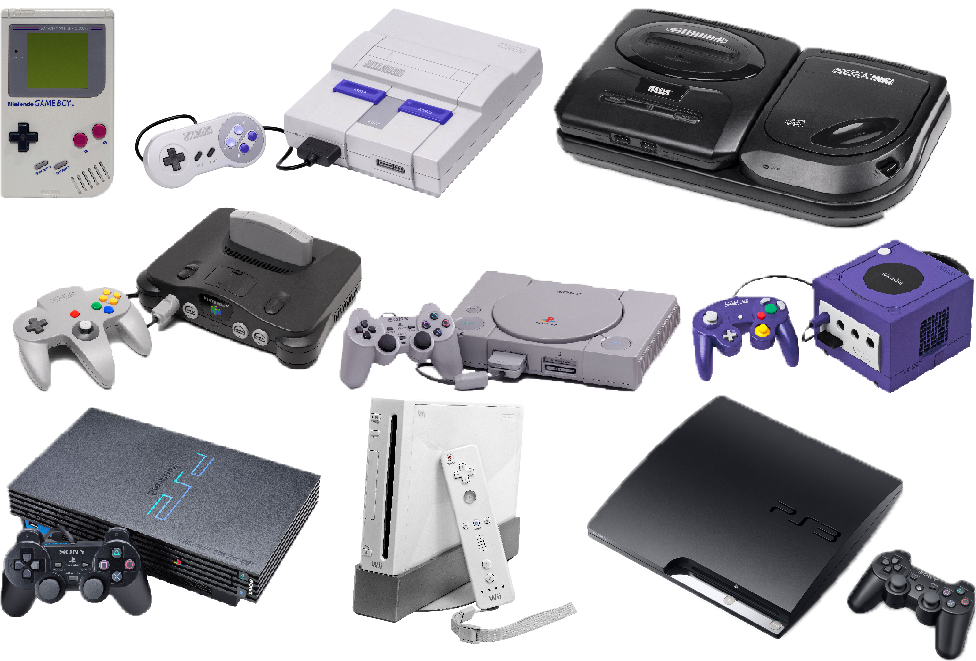
Favourite Games
The Legend of Zelda series
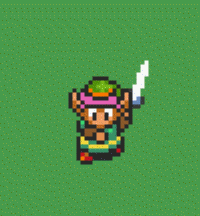
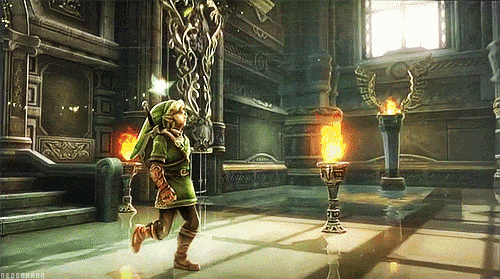
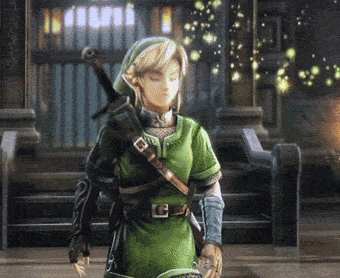


About You...
- Who are you?
- Favourite games?
- Favourite genres? (FPS, RPG, sports...)
- What systems do you own?
Most importantly...
-
What do you want to do in GameTech?
- Play video/computer games?
- Make vid/cpu games?
-
Design games? i.e. character design,
writing story, level design... -
Let'sPlay sessions + vlogging?
Reviews? Blog posts? -
Board games? Card games?
Smart phone games?
PONG
1972
Killzone: Shadow Fall
2013
We will use...
Kodu
kodugamelab.com
Construct 2
scirra.com
GameMaker
yoyogames/studio

Adventure Games
An adventure game is a video game in which the player assumes the role of protagonist in an interactive story driven by exploration and puzzle-solving. The genre's focus on story allows it to draw heavily from other narrative-based media such as literature and film[. . . . The] genre's popularity peaked during the late 1980s to mid-1990s when many considered it to be among the most technically advanced genres[. . .].
Let's try some Adventure games...
Interactive Fiction
Interactive fiction, often abbreviated IF, is software simulating environments in which players use text commands to control characters and influence the environment. Works in this form can be understood as literary narratives and as video games. In common usage, the term refers to text adventures, a type of adventure game where the entire interface can be "text-only".
Choose Your Own Adventure,
& ChoiceOfGames.com
Building CYOA-style
games with Twine
Twine: the key things
(for today)
- First passage must be titled Start
- Double click passage to edit it
- Click the 'paper' icon in top left to add a passage
- To link to another passage type:
- [[text to appear in story|Passage Title]]
- To test story: ctrl + t on keyboard
Let's take a break. (10 mins.)
What is a game?
GRASPS+N
- Goals
- Rules
- Assets
- Spaces
- Play mechanics
- Scoring Systems
- Narrative
G: Goals
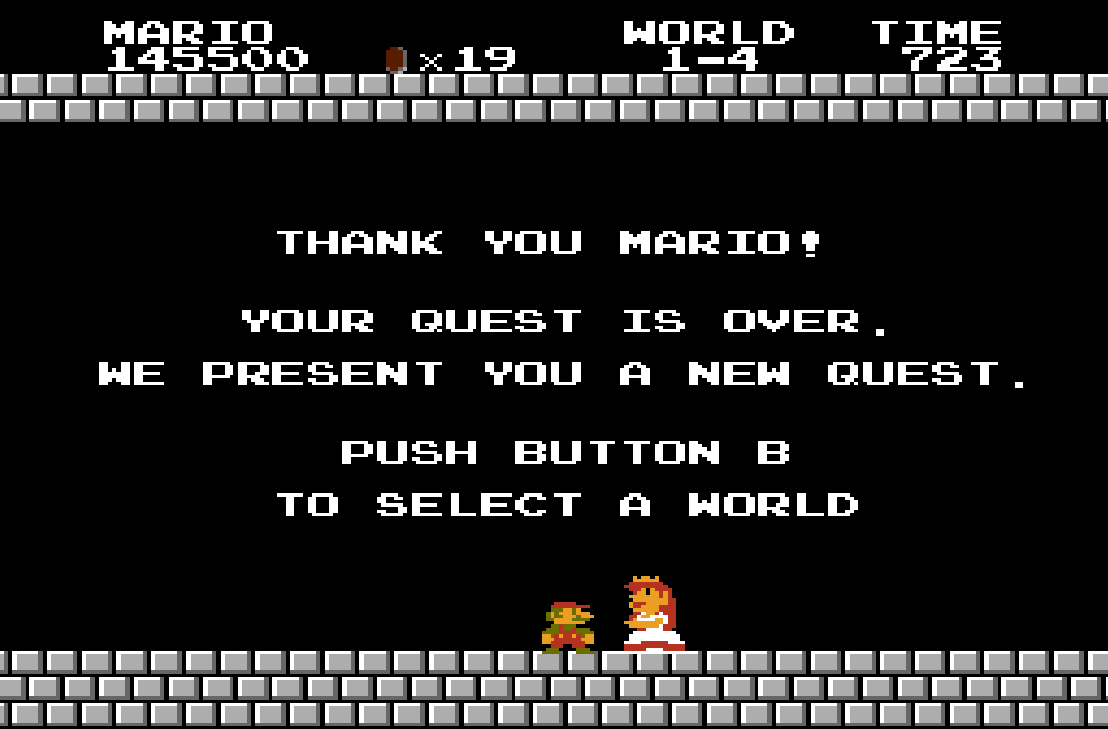
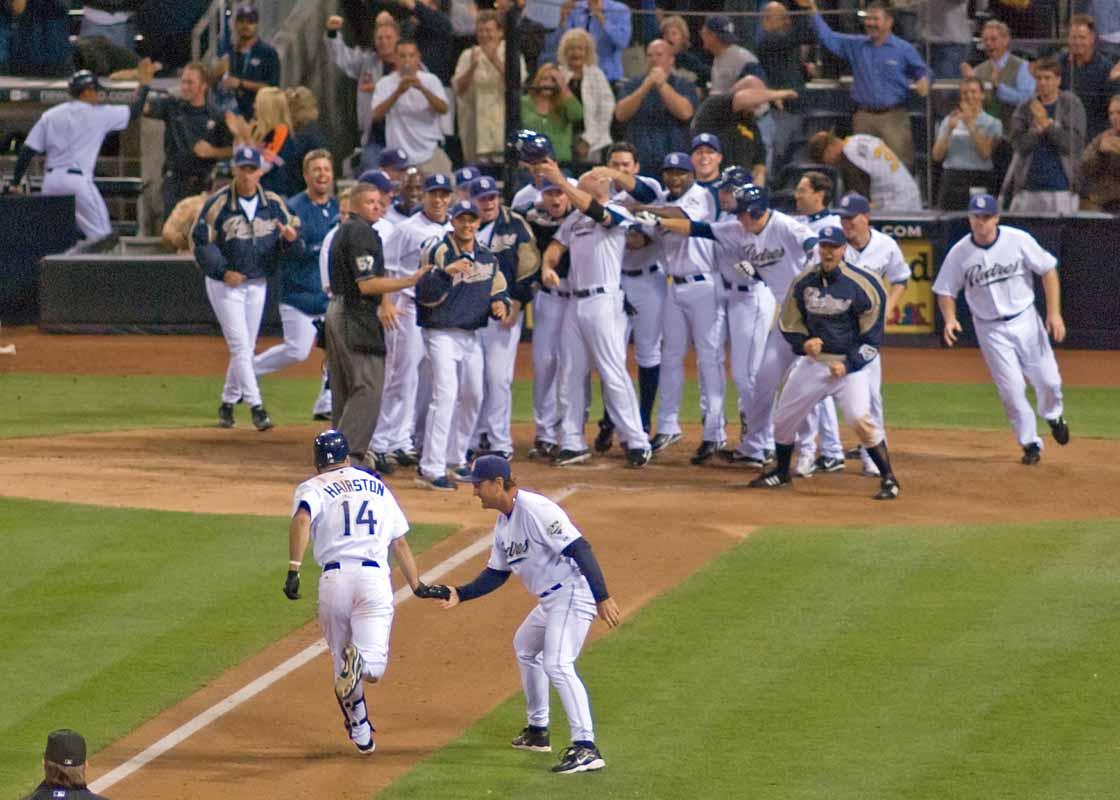

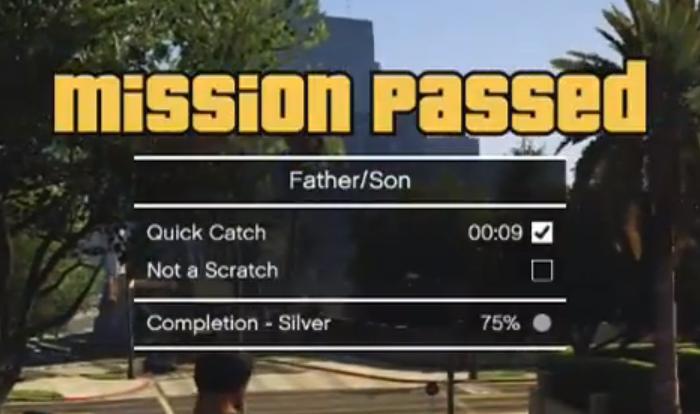
G: Goals
- The Goal is how the player wins the game.
- What are some ways you can win a game?
- Imagine a game - what are its goals?
R: Rules
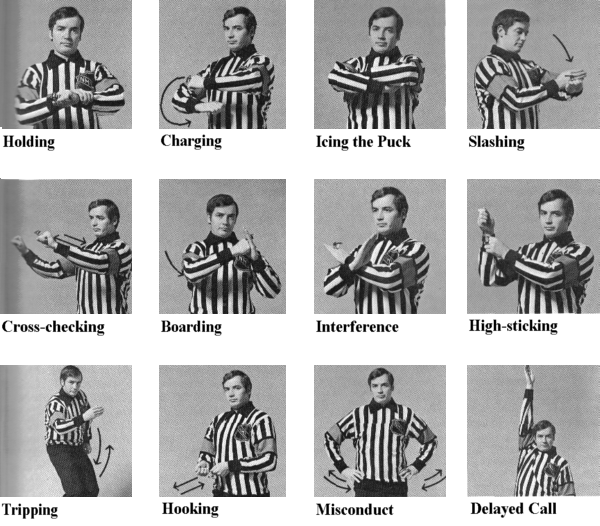
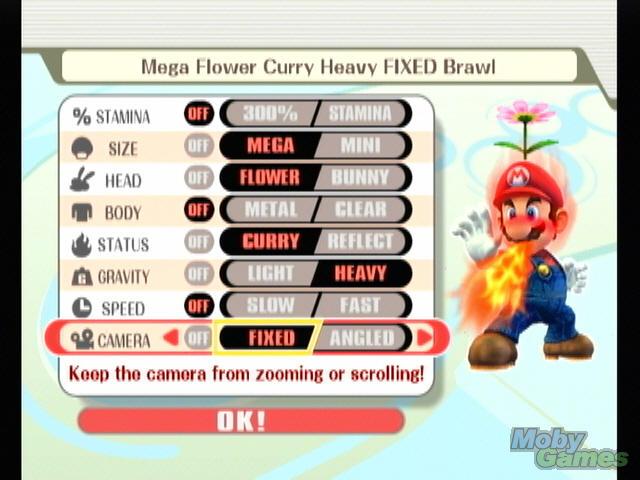
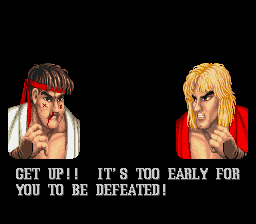
R: Rules
-
Rules are what determine what the player
is and is not allowed to do in a game. - Rules can be punishments or restrictions.
- What are some rules in games?
- Imagine a game - describe on of its rules.
A: Assets
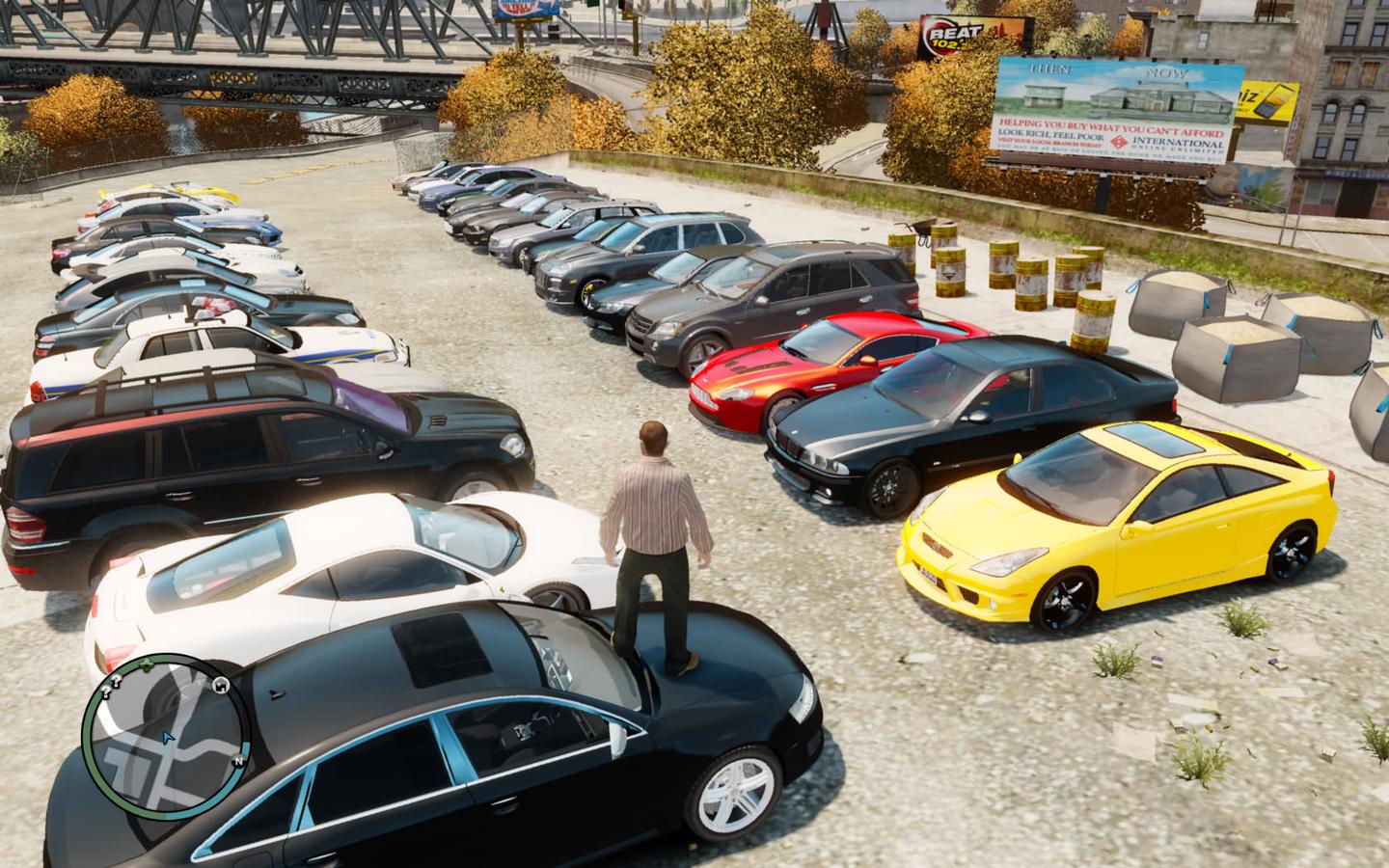
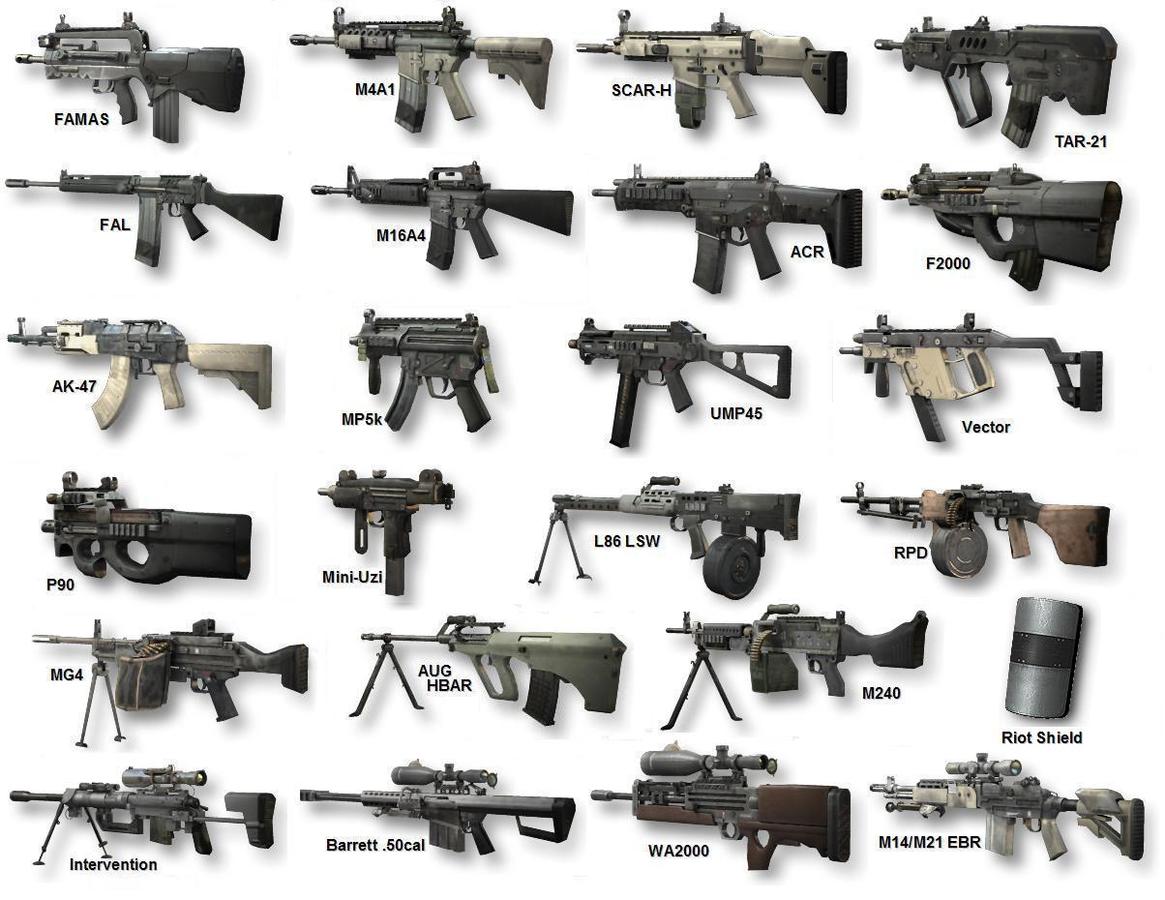
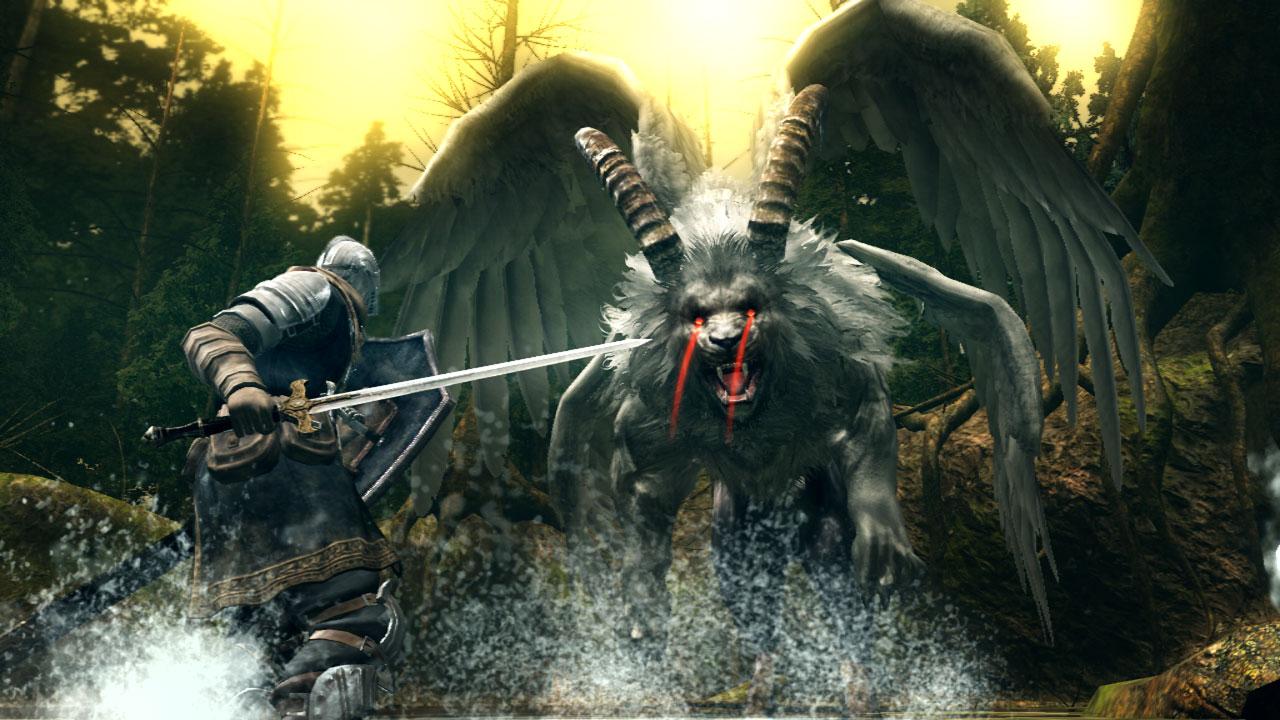
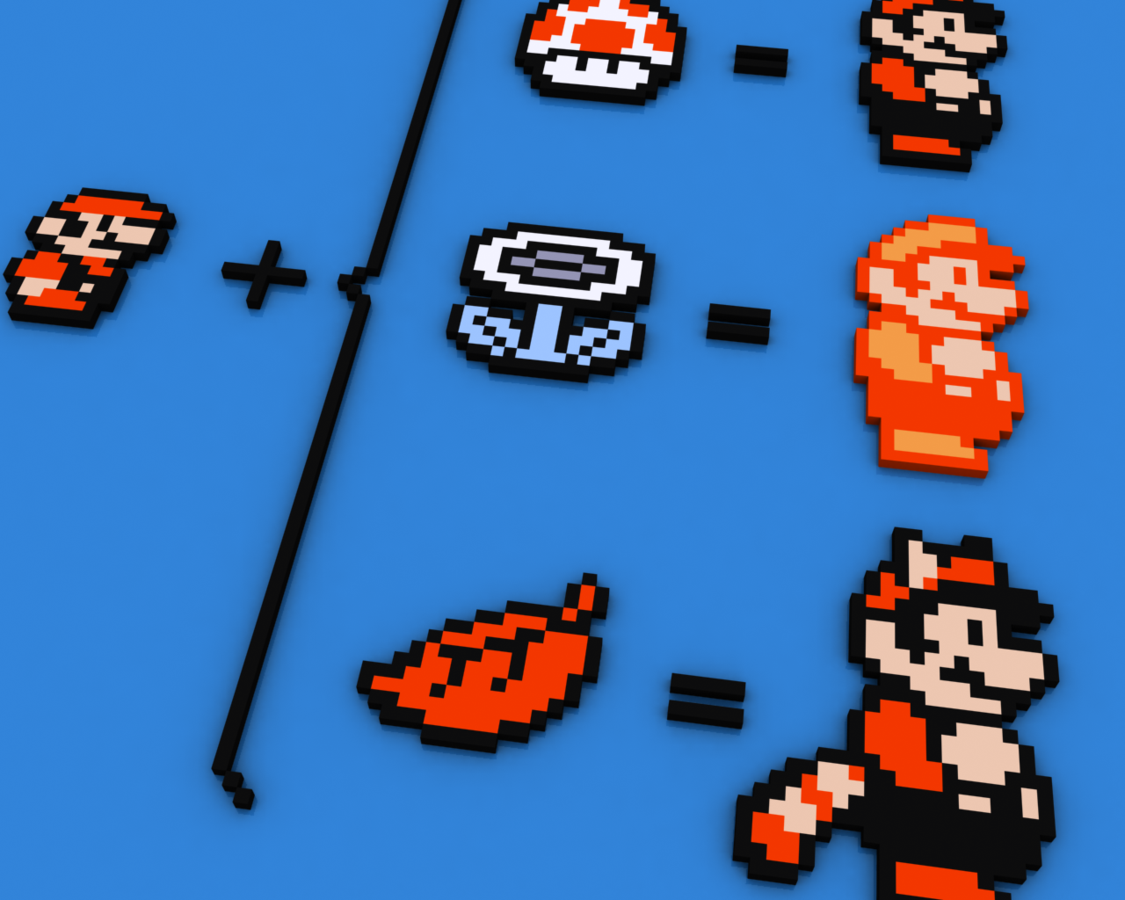
A: Assets
-
Assets are all of the things in the game:
the landscape, the trees, the buildings, the sky,
the power-ups, the weapons...
- They give the game atmosphere and personality.
- What are some assets in games?
- Invent a game - give it an asset.
S: Spaces
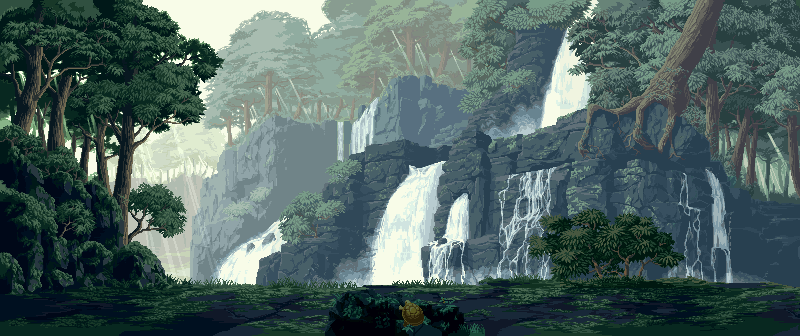
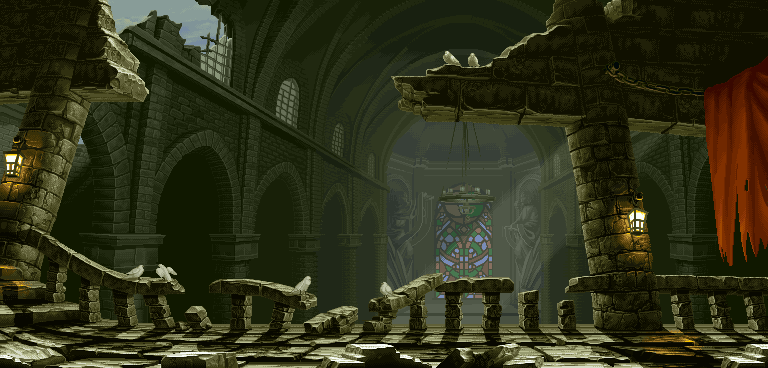
S: Spaces
-
Spaces are where the games take place: levels,
worlds, arenas; space, earth; realistic, fantastic... - What are some spaces in games?
- Invent a game - give it a space.
P: Play Mechanics
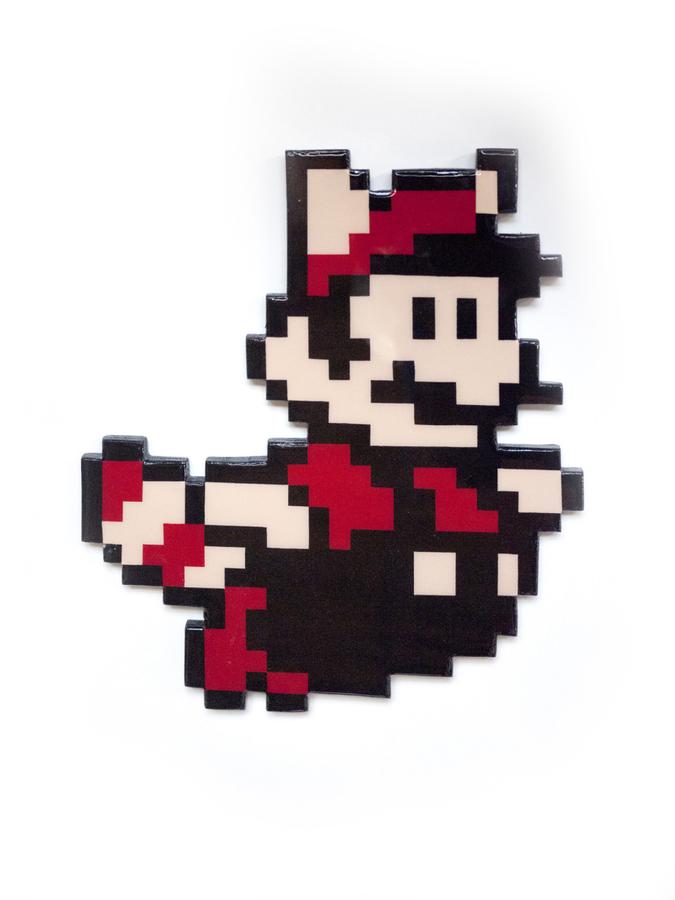
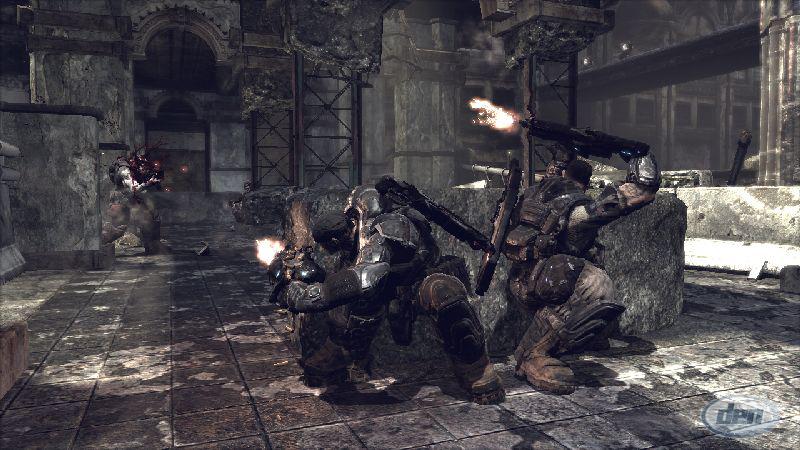
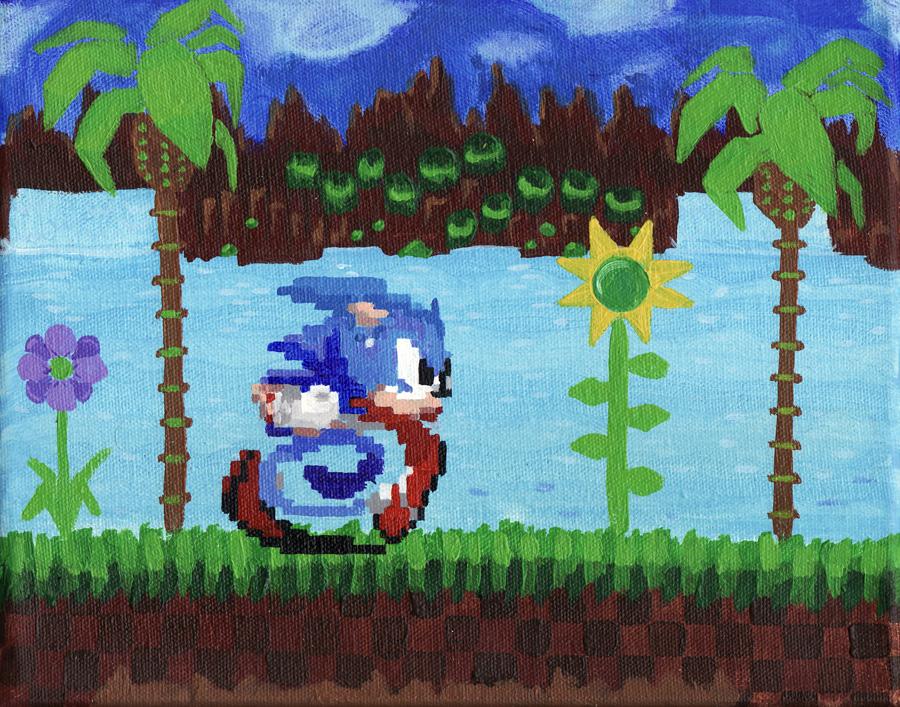

P: Play Mechanics
-
Play Mechanics are the things the players DO
or CAN do in the game: run, jump, shoot, trade,
take cover, sneak, trade, score, explore... - What are some play mechanics in games?
- Invent a game - give it a play mechanic.
S: Scoring Systems
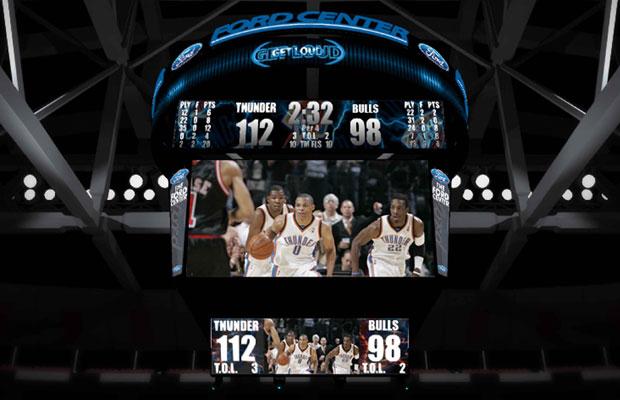
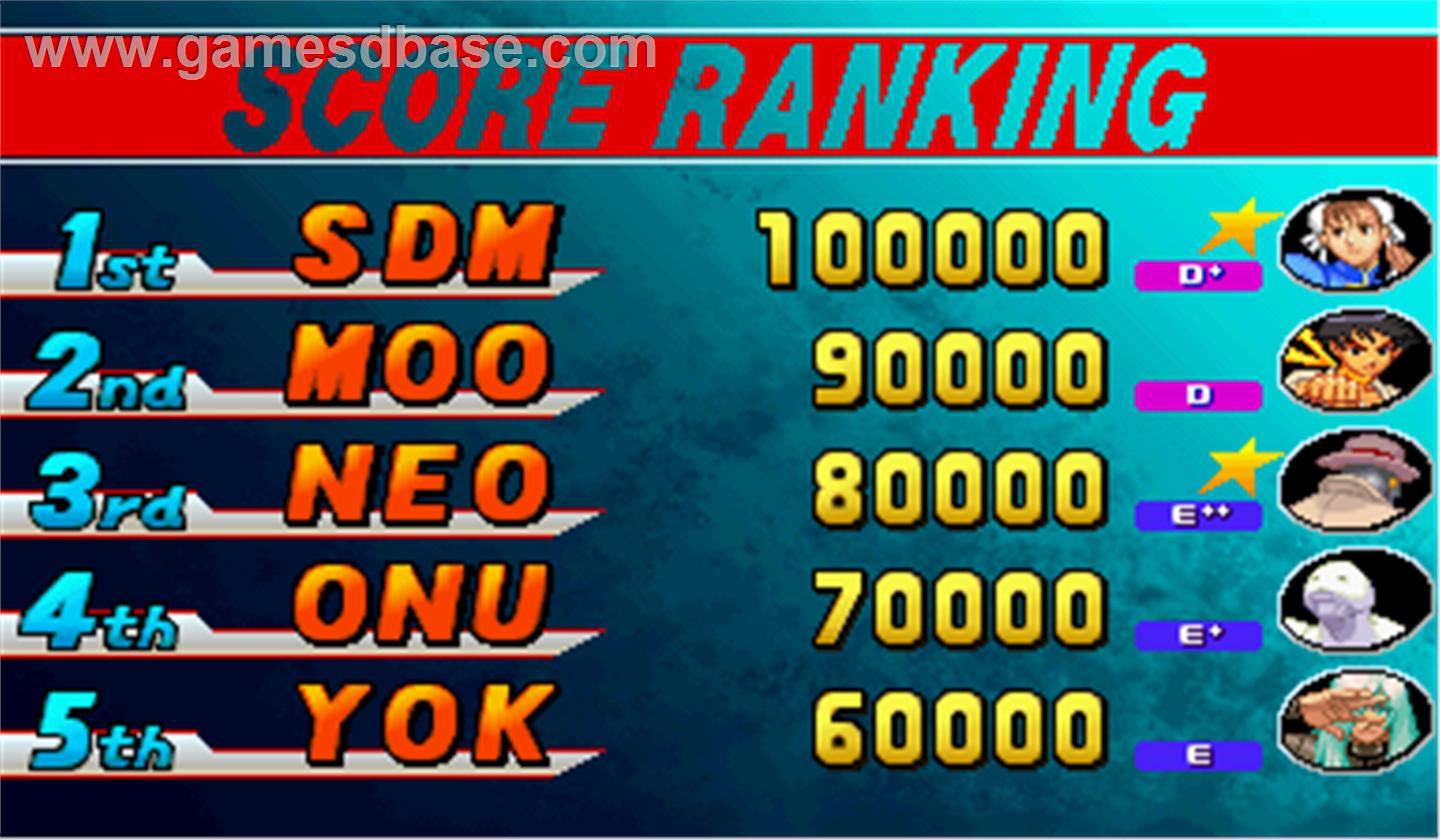
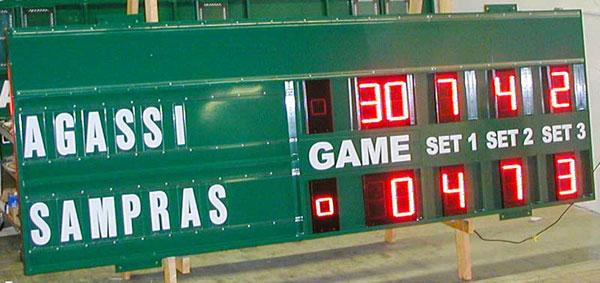
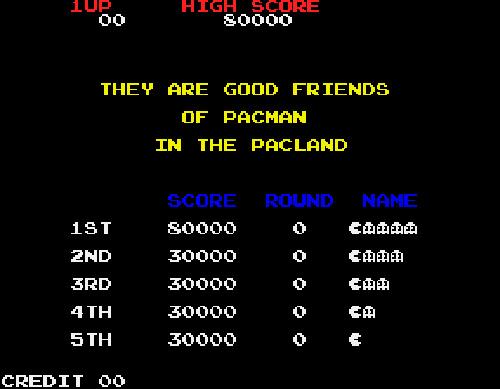
S: Scoring Systems
- Scoring Systems are one form of
representing a player’s performance
in the game, and are usually
represented as points or some
sort of currency (money, cash, gold, etc.). - Scores are present in a lot of games,
but not all games.
- What sort of games have scoring systems?
- Invent a game - how do you get points in it?
+N: Narrative
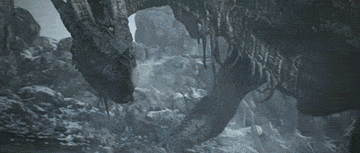
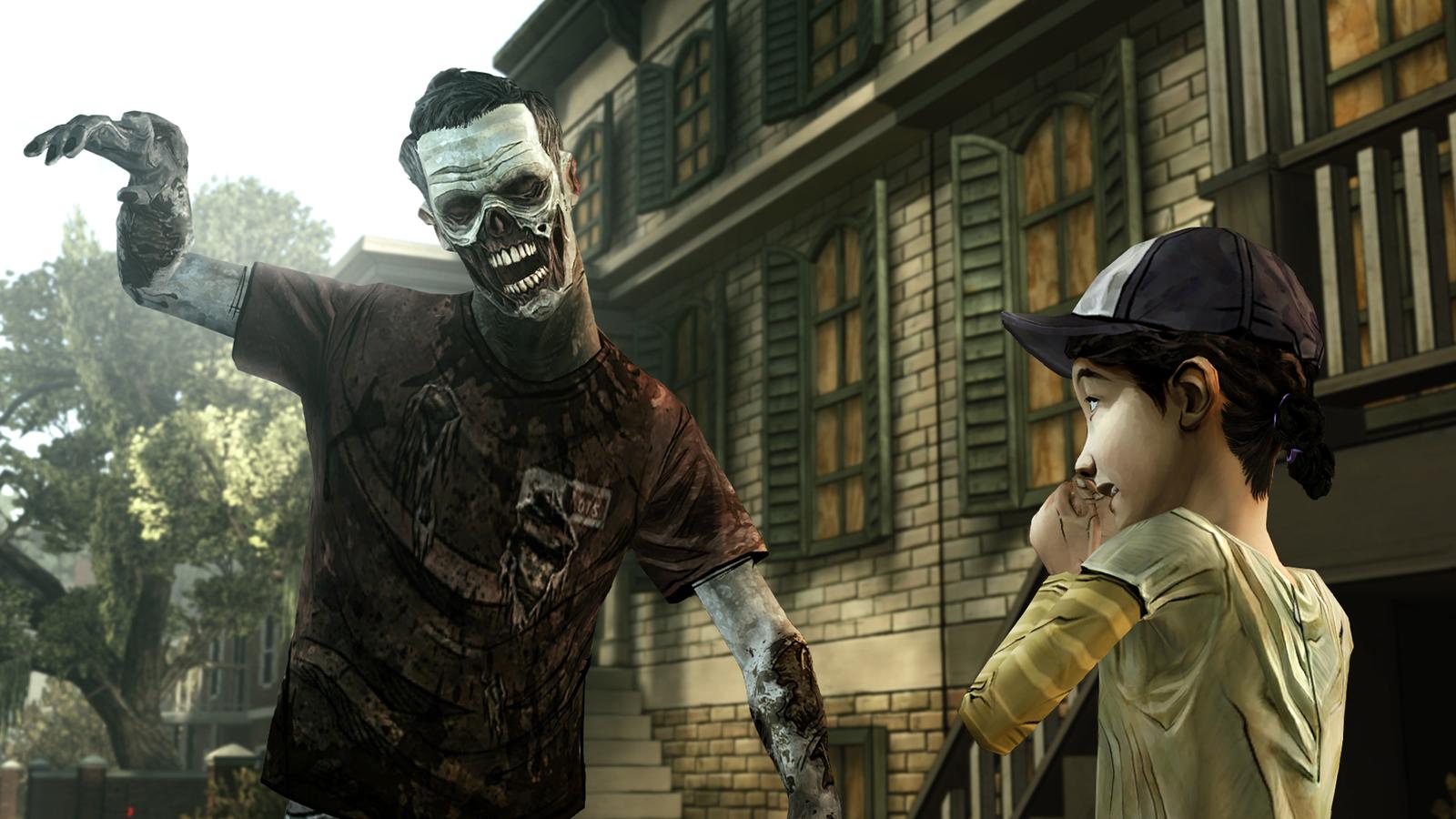
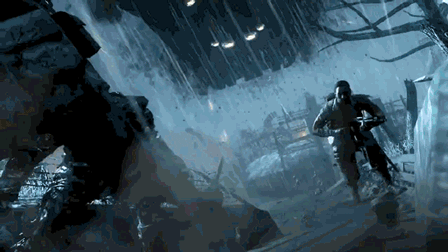
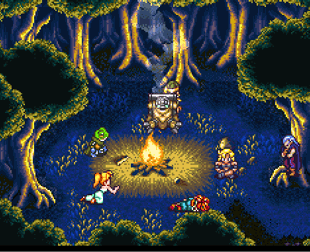
+N: Narrative
- Narrative provides the structure
for the events of the game. - This means going beyond the story
and thinking about how and why events unfold.
- Pick a game: in 1-2 sentence(s), what is its story?
- Invent a game - summarize its story.
The Best...
...vs. the Rest
A selection of games from 2013:
from this IGN list.
